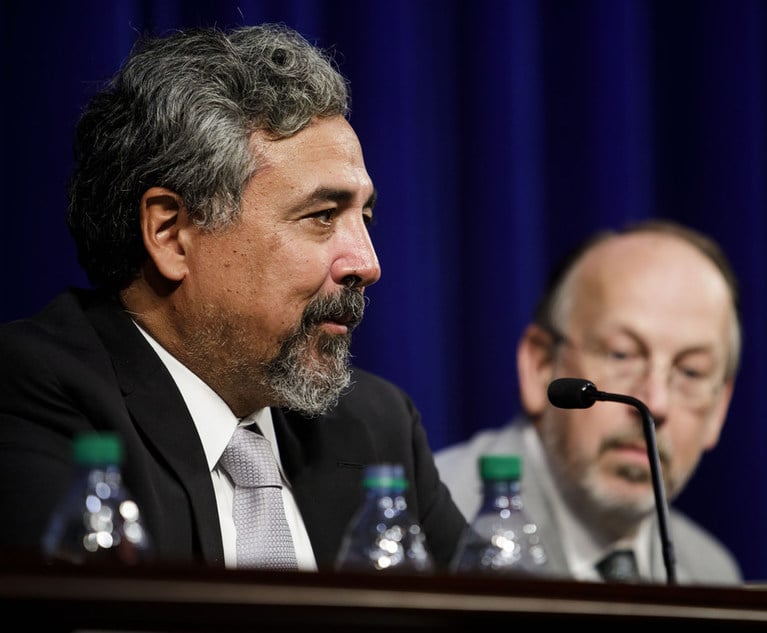In the summer of 2017, the U.S. Supreme Court held that an SEC claim seeking disgorgement of profits as a remedy in an enforcement action constitutes a penalty claim that is subject to a five-year statute of limitations. Kokesh v. SEC, 137 S.Ct. 1635 (2017). While the Kokesh ruling is not an insurance ruling, we wrote at the time (as did others) that it might very well have an impact on pending disputes over the insurability of disgorgement payments. The First Department took notice of the ruling and recently held, relying on Kokesh, that because SEC disgorgement constitutes a penalty, disgorged funds did not fall within the definition of loss under the insurance policies at issue. Consequently, in J.P. Morgan Securities v. Vigilant Ins. Co., 166 A.D.3d 1 (1st Dep’t Sept. 20, 2018), the First Department reversed the order of the trial court and granted summary judgment to the defendant insurers.
The Bear Stearns Insurance Dispute
In prior columns, we have covered, in some detail, the long and winding dispute between Bear Stearns and its insurers over Bear Stearns’ settlement of an SEC investigation concerning allegations that Bear Stearns knowingly facilitated late trading and deceptive marking timing activities for certain hedge fund customers, enabling those customers to earn hundreds of millions of dollars in profits at the expense of mutual fund shareholders. As part of that SEC settlement, Bear Stearns paid $160 million in disgorgement and then sought to recover $140 million of the disgorged funds from its insurers.


 Howard B. Epstein and Theodore A. Keyes
Howard B. Epstein and Theodore A. Keyes




